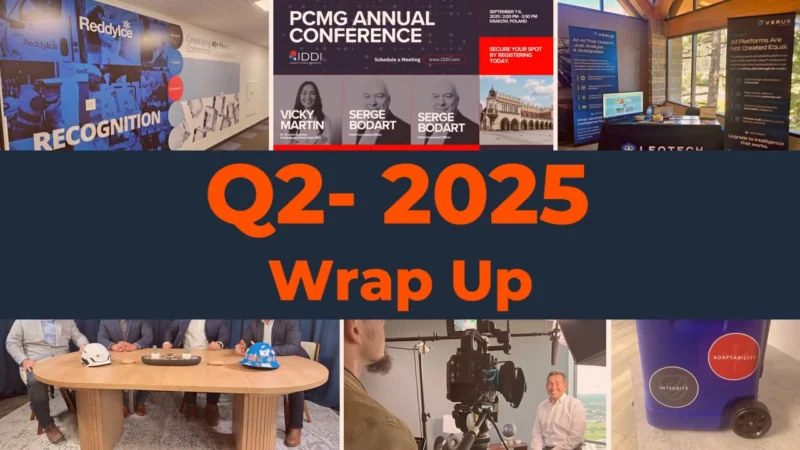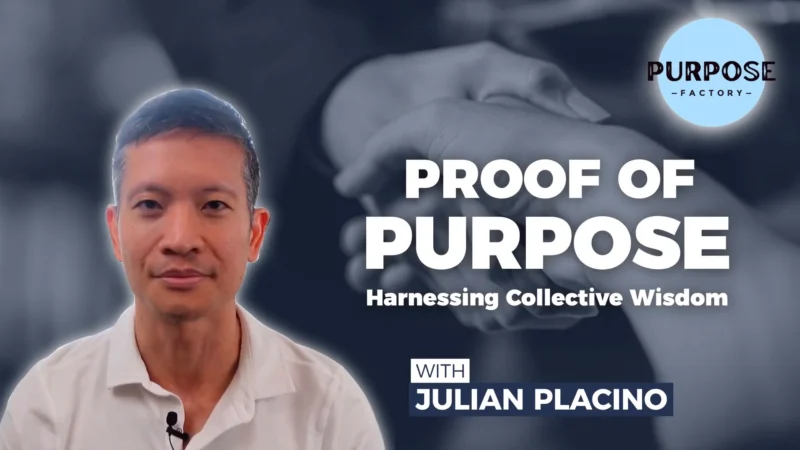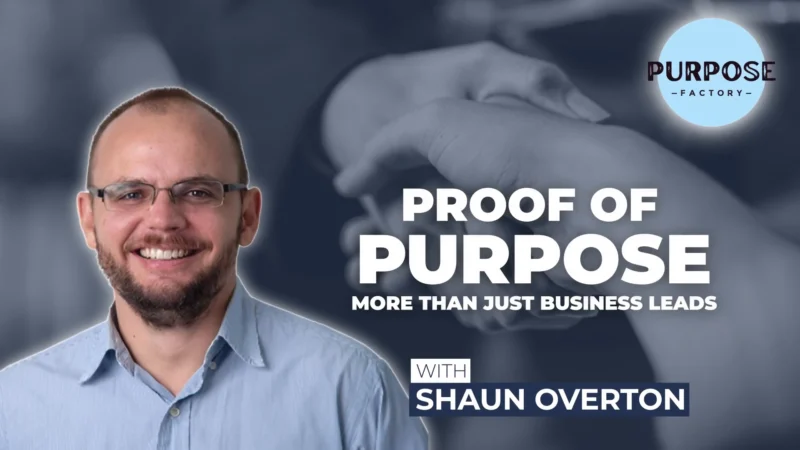Remote Work: Unintended Challenges and Dilemmas Explored by Experts
While remote work might seem like a fantastic way to build a company and retain employees, some unintended consequences come with it. In this episode of Location Cubed, Weaver’s Howard Altshuler, Partner-in-Charge, and Rob Nowak, Partner, talk about the strategies and dilemmas companies face in undertaking remote work.
Often, when a company changes location, there is an incentive behind the relocation, whether in the form of a tax break or cheaper real estate. But with the increase in the number of remote workers, local businesses experience fewer economic benefits as the result of such a move. Suppose a company relocates to Lower Manhattan with half of its employees working from the office and the other half working remotely. In that case, the remote workers would not be spending as much time or money in Lower Manhattan as those who go to the office. . Nowak admitted, “That’s gotta be a problem.”
In a more localized example, Altshuler recalled that a North Dallas area is being demolished and rebuilt. Goldman Sachs will be a prime tenant, bringing in upwards of 2500+ jobs to the company and receiving tax incentives as a result. But do we want these workers to be remote?
“You want those 2,500 or 5,000 people, whatever the number is, coming in every day, spending money in your district…going out to lunch, going out to dinner, going to events, otherwise providing some economic stimulus to the area,” said Nowak. But this issue is not often discussed. Altshuler agreed, “But you’re not hearing anything about that.”
From company executives, however, there are more and more calls to bring people back into the office. Altshuler said, “There are a lot of reasons for that. Culture is probably the biggest.” But how do companies incentivize this? Altshuler continued, “I think, obviously, the first thing is to lead by example.” If company executives start going into the office, people are likely to follow, and having a company culture where people want to be is also a huge incentive.




